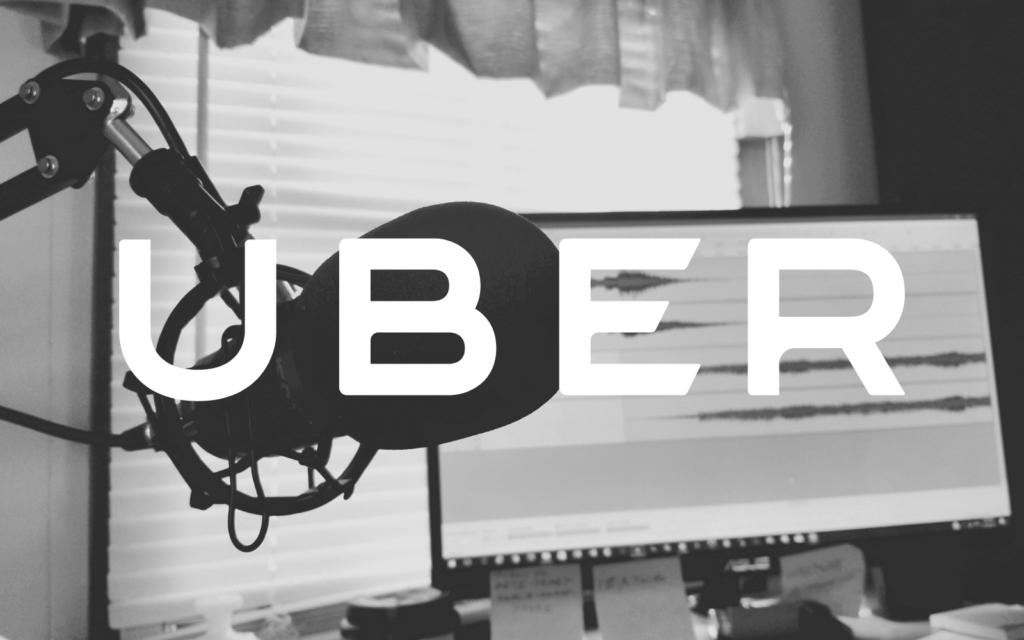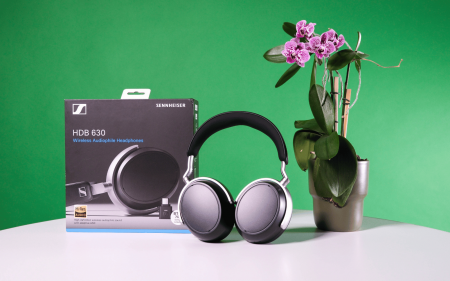In September this year ride-sharing app Uber launched a pilot program in South Africa. Users in Pretoria and Johannesburg got the ability to record their trips via the app itself. In the event that something went wrong (or just unpleasantly), that recording could be uploaded to Uber for review and action.
Now, South Africans in general have access to the feature. Audio Recording has rolled out to the country as a whole, letting anyone using the service record their trips in the best paranoid fashion. That includes drivers as well as passengers. Drivers have to pick up some sketchy customers in some sketchy areas. That’s just statistics.
An Uber Original podcast
Some 80,000 passengers and 3,400 drivers in Gauteng set up the feature on their devices during the pilot, in a bid to avoid becoming a statistic themselves. The company doesn’t say how many of these recordings were submitted but it appears that some were.
“Uber’s safety team has been able to efficiently carry out and conclude more in-depth and fair evidence-based outcomes in an investigation that could have otherwise dragged on due to a ‘he said, she said’ scenario,” said the company.
Uber’s senior safety operations manager for sub-Saharan Africa, Collen Mphabantshi, said, “Drivers have been asking for this feature based on their feedback from roundtable sessions and we are excited to be rolling out this feature nationally. We believe it will offer riders and drivers the peace of mind they need to travel with ease, as well as improve conduct on the app.”
It’s relatively easy to start the recording process. It’s either chosen at the beginning of a ride, if you’re the better-safe-than-sorry sort or by tapping a shield in the app during the trip. Neither the driver nor the passenger is notified when the other starts recording the trip. The audio file cannot be accessed by anyone other than Uber. Even then, it only becomes available after upload.




